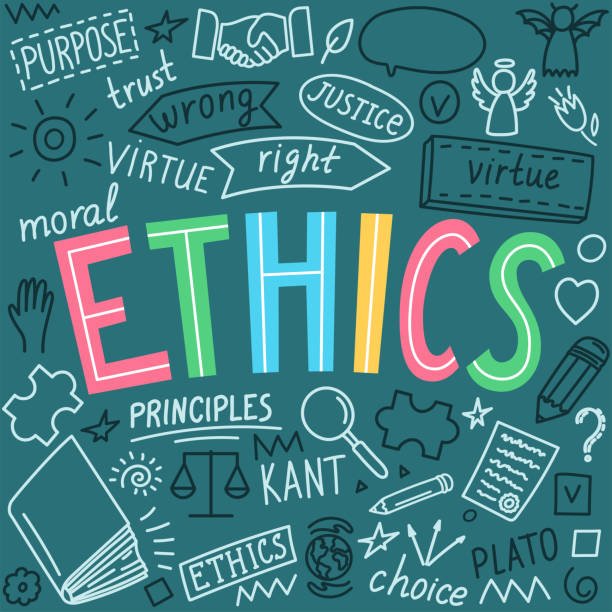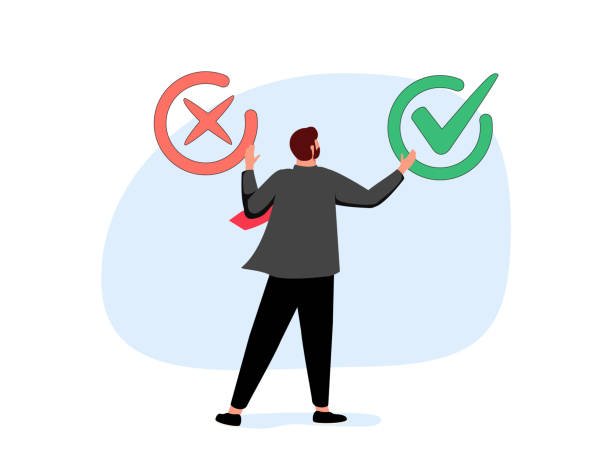The King Code : Notes, Common Exam Questions and Answers Guide, Online Quizzes and Activities for Business Studies Grade 12 Revision Studies, from Ethics and Professionalism section. This content is under Term 1 as per the CAPS Curriculum.
On this page, grade 12 students learn and study for revision using REAL EXAM questions based on The King Code topic, using activities and engaging quizzes. Every South African grade 12 learner who wants to pass Business Studies subject with a distinction, needs to go through the valuable study resources on this page.
The King Code Business Studies Grade 12
The King Code is a set of corporate governance principles and guidelines developed in South Africa to promote good corporate governance practices. It has evolved over time, with three main versions known as King I, King II, and King III.
History
The King Code was first introduced in 1994 as King I, in response to the need for improved corporate governance practices in South Africa following the end of apartheid. It was followed by King II in 2002 and King III in 2009.
Video: King Code and Corporate Governance
Characteristics of each King Code
- King I: The first version of the King Code focused on the need for boards of directors to be more accountable to shareholders and to ensure that they acted in the best interests of the company. Key characteristics of King I include:
- The establishment of an independent audit committee
- The appointment of independent non-executive directors to the board
- The separation of the roles of chairman and CEO
- The need for a board charter and code of ethics
- King II: The second version of the King Code emphasized the importance of integrated reporting and sustainability reporting, and called for companies to take a more holistic approach to corporate governance. Key characteristics of King II include:
- The adoption of a “apply or explain” approach to corporate governance
- The inclusion of sustainability and social responsibility in the governance framework
- The need for companies to report on their economic, social, and environmental performance
- King III: The most recent version of the King Code places greater emphasis on ethical leadership, risk management, and the role of stakeholders in corporate governance. Key characteristics of King III include:
- The inclusion of a code of conduct for directors and executives
- The need for companies to identify and manage risks effectively
- The recognition of the importance of stakeholder engagement
- The establishment of a social and ethics committee
The King Code has played an important role in promoting good corporate governance practices in South Africa, with each version building on the principles and guidelines of its predecessors. The evolution of the King Code reflects changing attitudes towards corporate governance and the need for companies to take a more holistic approach to their responsibilities.
Who Needs to Conform to the King Code in South Africa
In South Africa, the King Code applies to all companies that are listed on the Johannesburg Stock Exchange (JSE) and other regulated entities. This includes:
- Publicly traded companies: These are companies whose shares are traded on the JSE or any other regulated exchange.
- State-owned enterprises: These are entities that are owned or controlled by the government, such as Eskom, the South African Broadcasting Corporation (SABC), and Transnet.
- Financial institutions: This includes banks, insurers, and other financial institutions that are regulated by the Financial Services Conduct Authority (FSCA).
- Non-profit organizations: While not explicitly covered by the King Code, non-profit organizations are encouraged to adopt good governance practices.
Examples of companies that are required to conform to the King Code include:
- Anglo-American: A multinational mining company listed on the JSE.
- Sasol: An energy and chemical company listed on the JSE.
- Standard Bank: One of the largest banks in South Africa, listed on the JSE.
- Eskom: A state-owned enterprise that generates and distributes electricity.
- South African Airways (SAA): A state-owned airline.
- MTN: A telecommunications company listed on the JSE.
The King Code applies to publicly traded companies, state-owned enterprises, financial institutions, and non-profit organizations in South Africa, and is designed to promote good governance practices. Companies that are required to conform to the King Code include some of the largest and most well-known companies in South Africa, such as Anglo American, Standard Bank, and Eskom.






